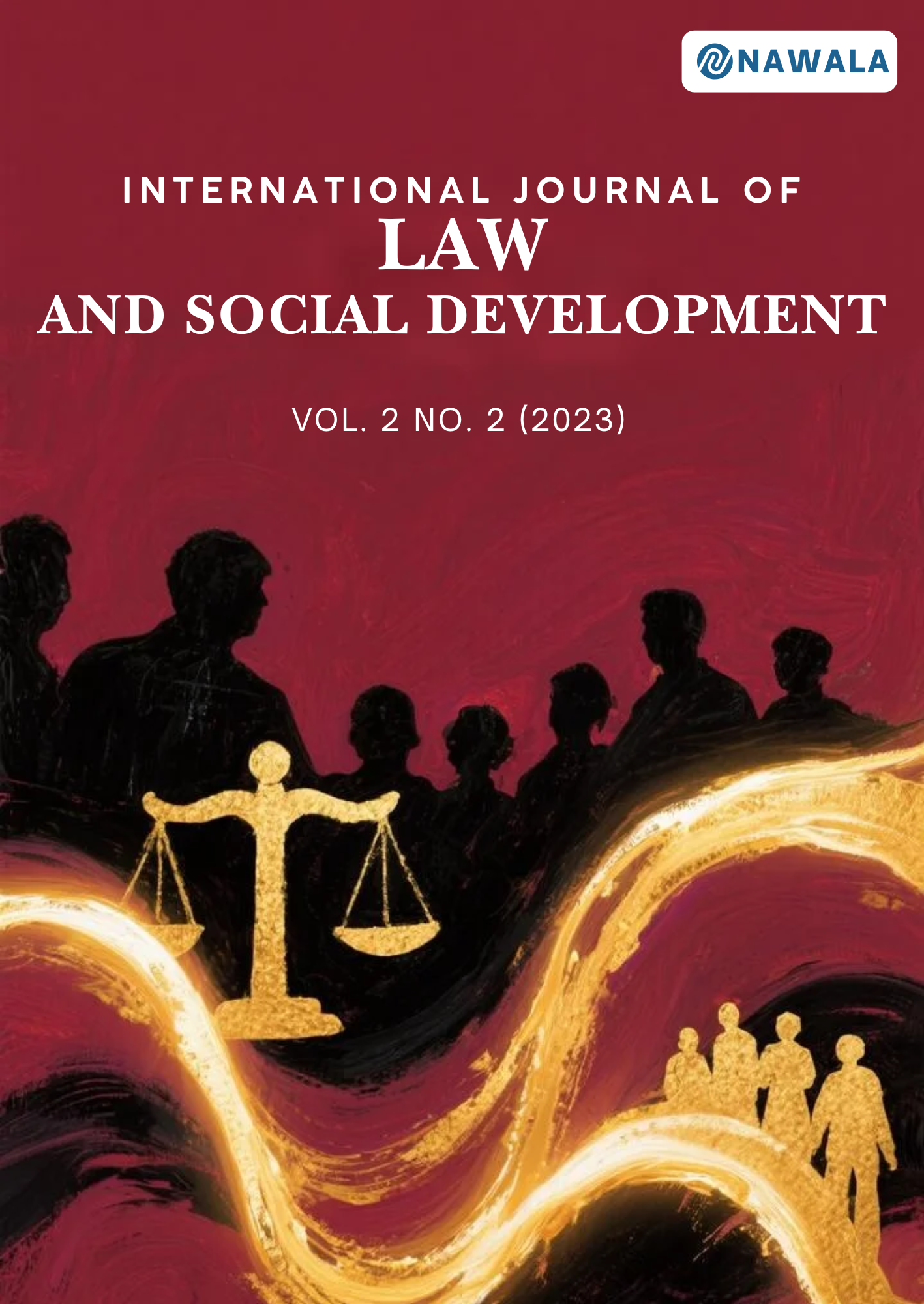The Role of Law in Maintaining Social Order and Achieving Social Justice in Indonesia
Keywords:
Access to Justice, Barriers, Equality, Legal Reform, Social JusticeAbstract
The role of law in maintaining social order and achieving social justice in Indonesia is both fundamental and strategic. Normatively, the Indonesian legal system is grounded in the 1945 Constitution, particularly Article 27 paragraph (1), and the fifth principle of Pancasila, which guarantee equality before the law and social justice for all citizens. However, in practice, significant gaps exist between legal norms and their implementation. Law often favors powerful and influential groups, while marginalized communities face difficulties accessing justice. Barriers such as high litigation costs, lengthy legal procedures, and limited legal aid exacerbate inequalities. Furthermore, cultural factors, including low legal awareness and tolerance of corrupt practices, undermine law enforcement. Strengthening institutional integrity, improving human resources, and expanding public legal education are crucial to bridging these gaps. Comprehensive legal reform, coupled with effective enforcement and citizen engagement, is essential for law to function as an instrument of social order and justice, ensuring that the constitutional mandate of equitable social justice is realized in practice across Indonesian society.





